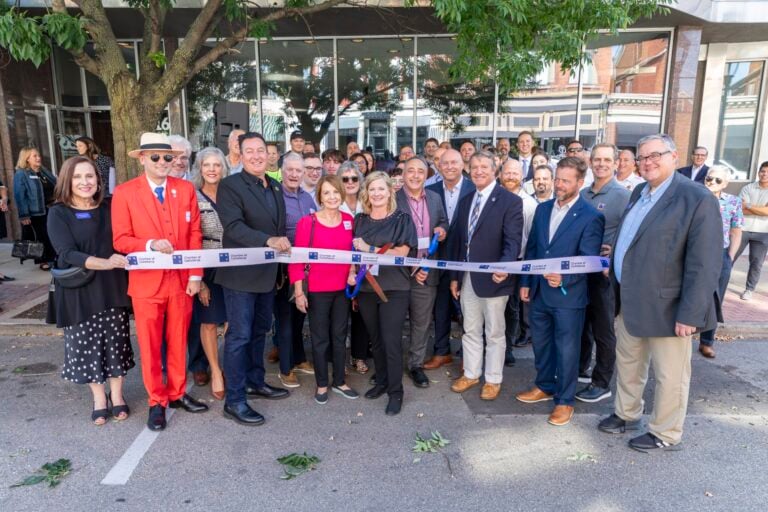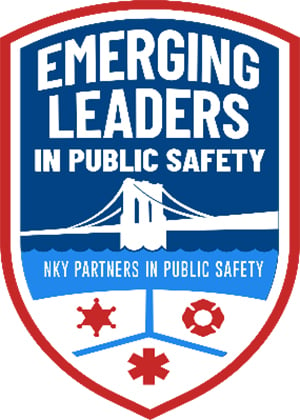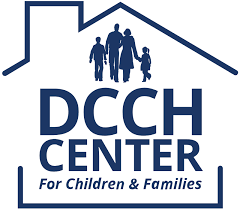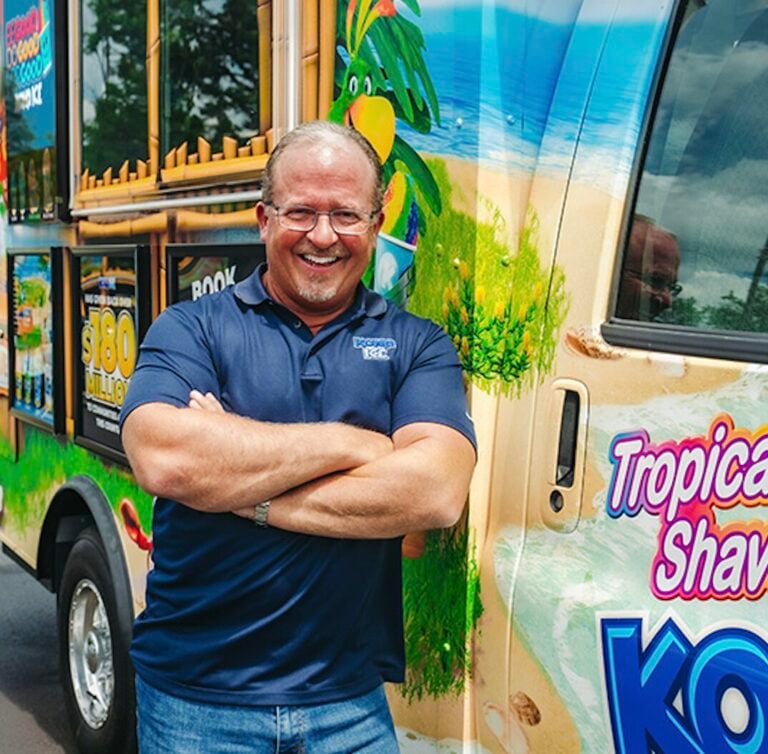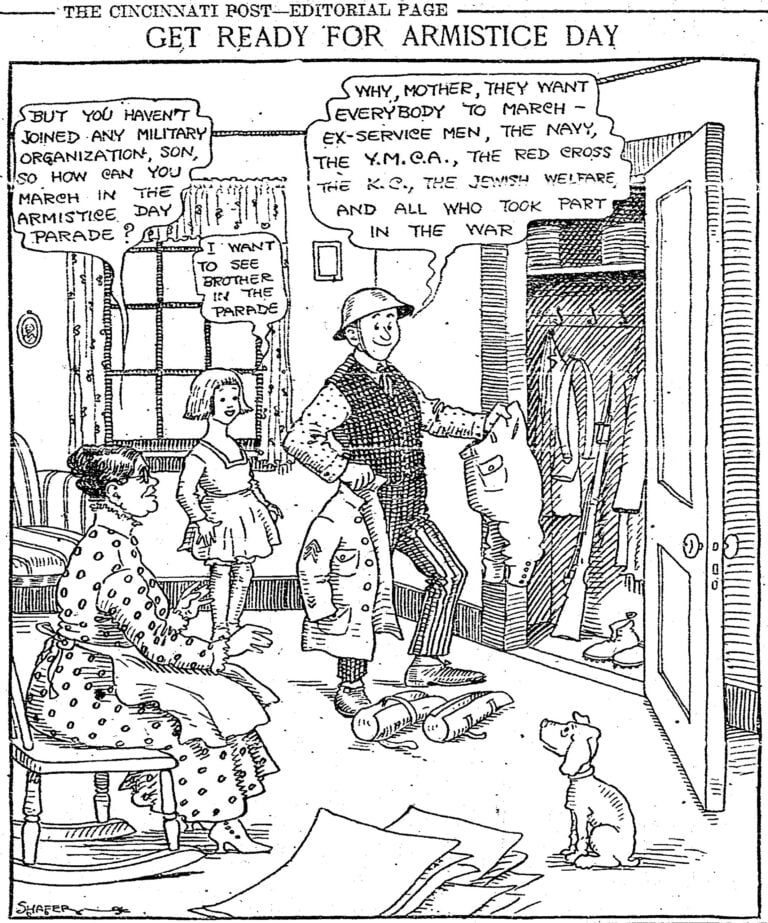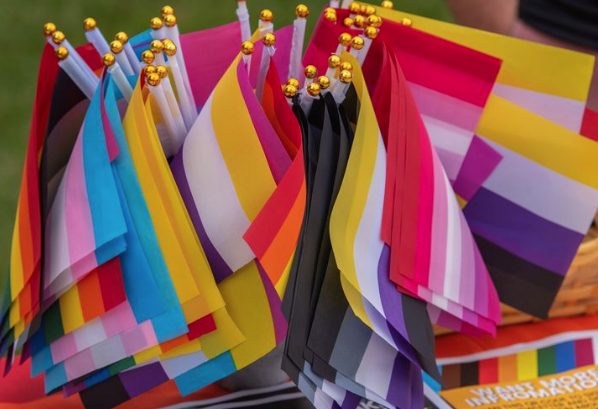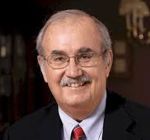After this weekend’s conference championship football games, the euphoria at Kentucky and the shock at Louisville both will be penetrated by the news of what bowl games the teams have earned.
Despite their stunning loss to the Wildcats, who entered the Governor’s Cup game as 26-point underdogs, the Cardinals are still entertaining faint hopes of the Orange Bowl. The Wildcats, on the other hand, are just delighted to be back in the post-season.
But the bowl that lingers in the minds of many is not one that will be played during the Christmas holidays. It’s the Juice Bowl, a Thanksgiving tradition at Louisville’s Shawnee Park that began in the 1950s.
Like the better-known Dirt Bowl in basketball, the Juice Bowl has been a way for Louisville’s African-American community to use sports to celebrate life, renew friendships, and gather in a spirit of goodwill and happiness.
But at around 1:30 p.m. on Thanksgiving Day, as a women’s flag football game was going on before hundreds of onlookers, the Juice Bowl changed forever. A barrage of gunshots, about 20 by one reckoning, turned the peaceful scene into a war zone. When the firing ceased, two were dead and four wounded.
Nobody had to report the crisis to Mayor Greg Fischer because he was there, only about 200 yards from the killing field. He was whisked away by police and later sent out a tweet asking the community for its help and support.
What caused it?
The usual suspect: Sheer stupidity.
Apparently some guy’s car bumped into somebody else’s motorcycle, and, before you could say “National Rifle Association,” people had drawn weapons and fired away.
The story made the national news, of course, and former U.S. Representative Gabby Gifford of Arizona, herself a victim of random gun violence, sent out a tweet calling upon our nation’s leaders to take action against the gun violence that holds the nation in its thrall.
“It’s a national sickness,” Mayor Fischer said.
By kickoff time for the Governor’s Cup, the Juice Bowl already had been relegated to the background, just another incident on the long list of random of random gun massacres that have occurred at theaters, churches, schools, clubs, and malls across these United States.
But those of us who love college sports cannot turn our heads because universities and athletics are hardly immune from the national sickness. On Monday of this week, only hours after Ohio State had defeated arch-rival Michigan in Columbus, the Buckeyes’ campus in Columbus was thrown into panic when a student drove his vehicle into a crowd and began attacking people with a butcher knife.
In recent weeks, there also has been a well-documented increase in overt acts of racism and bigotry on the very campuses that are supposed to be safe havens for tolerance, diversity, and inclusion. Just last week the Lexington Herald-Leader reported an increase in racist incidents at UK.
The deaths at the Juice Bowl increased the number of gun-related murders in Louisville this year to 112, with a month still to go. Think about that. For a city this size, a city that likes to sell new businesses on locating in Louisville because of its quality of life, that’s stunning.
Now that he has been exposed in a very personal way to the horrors of gun violence, perhaps Mayor Fischer can put together a coalition of community and state leaders to attack this scourge in the name of the Juice Bowl.
Perhaps the powerful entities behind the Governor’s Cup – state and local government, UK and U of L, title sponsor Kroger — can come together to use football as a way to reach into the inner-city neighborhoods and rural communities where the drug epidemic is what spawns more violence than anything.
The only unacceptable course of action is to do nothing. We cannot be like one of the bystanders who told The Courier-Journal that he wasn’t moved by the shootings in Shawnee Park because “that’s just the way things are.”
That comment should be our challenge. If this is how things are, then we need to start working – as Robert F. Kennedy suggested – on how things should be. Random acts of violence, whether by guns or other means, simply aren’t acceptable in Louisville or Lexington or any community in a civilized society.
This should not be construed as a partisan political issue. It is, as Mayor Fischer said, a national sickness. All of us – Democrats and Republicans, liberals and conservations, red and blue – must come together to discuss action plans to attack the scourge of violence that threatens us all.
Yet because it seems impossible to get the lawmakers in Washington, D.C., and Frankfort to agree on much of anything, perhaps the reform effort will have to begin at the city level, the grassroots level.
Personally, I can’t think of a better place than Muhammad Ali’s hometown. History doesn’t tell us if Ali’s parents ever brought him to the Juice Bowl before Thanksgiving dinner.
But it does tell us that he would have been so horrified by what happened last Thursday that he would have called us into action, in the name of brotherhood and love.
Billy Reed is a member of the U.S. Basketball Writers Hall of Fame, the Kentucky Journalism Hall of Fame, the Kentucky Athletic Hall of Fame and the Transylvania University Hall of Fame. He has been named Kentucky Sports Writer of the Year eight times and has won the Eclipse Award twice. Reed has written about a multitude of sports events for over four decades, but he is perhaps one of media’s most knowledgeable writers on the Kentucky Derby











